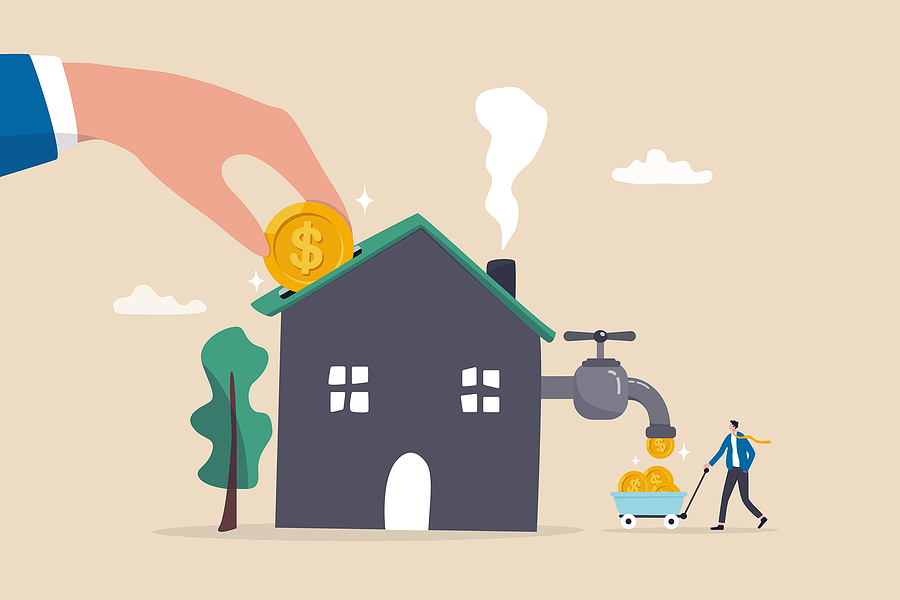Jamie Thatcher
Senior Property Manager
Making Informed Financial Choices

Negative gearing is a common investment strategy that involves borrowing money to invest in income-generating assets, such as real estate. While negative gearing can offer financial benefits, it’s essential to weigh the pros and cons before diving into this investment approach. In this article, we will explore the advantages and disadvantages of negative gearing investment property to help you make informed financial decisions.
One of the primary advantages of negative gearing is the potential for tax benefits. When the costs of owning and maintaining an investment property exceed the rental income it generates, the resulting loss can be offset against other taxable income. This can reduce your overall tax liability and potentially increase your cash flow.
Negative gearing allows investors to leverage borrowed funds to acquire properties that have the potential for long-term capital growth. In markets where property values appreciate over time, the investor may benefit from the increase in property value, which can lead to substantial returns on investment in the future.
Investing in negatively geared properties can help you accumulate assets over time. While the rental income may not cover the property expenses initially, as the property appreciates in value and rental income increases, the investor can build equity and create a portfolio of income-producing properties.
Including negatively geared properties in your investment portfolio can provide diversification benefits. Real estate investments have the potential to perform differently from other asset classes such as stocks or bonds. By spreading your investments across different asset types, you can reduce risk and achieve a more balanced portfolio.
Cons of Negative Gearing Investment Property: (h2)
The primary drawback of negative gearing is the potential cash flow strain. If the rental income falls short of covering the property expenses, you will need to cover the shortfall out of your own pocket. This can put significant pressure on your finances, particularly if unexpected expenses arise or interest rates increase.
Real estate markets can experience fluctuations in property values and rental demand. While negative gearing can provide tax benefits, it also exposes investors to the risks associated with market volatility. If property values decline or rental income decreases, the investor may face difficulties in meeting loan repayments and maintaining cash flow.
Negatively geared properties may not generate sufficient rental income to cover the ongoing expenses, resulting in a reliance on capital growth for a return on investment. This means that investors must carefully assess the potential for future rental income growth and balance it against the costs of holding the property.
Government policies and regulations surrounding negative gearing can change over time. Alterations to tax laws or restrictions on negative gearing benefits may impact the profitability of your investment. Staying informed about potential policy changes and adapting your investment strategy accordingly is crucial.
Negative gearing investment property can be a viable strategy for some investors, but it’s important to carefully evaluate its pros and cons. Consider your financial situation, risk tolerance, and long-term investment goals. It’s advisable to consult with financial advisors or property professionals who can provide personalized guidance based on your circumstances. By thoroughly assessing the advantages and disadvantages, you can make an informed decision about whether negative gearing is the right investment approach for you.
Important Disclaimer: Consult an Accountant, Registered Tax Agent, or Financial Professional Before Considering Negative Gearing
Before embarking on any investment strategy, particularly negative gearing, it is crucial to seek personalized advice from qualified professionals such as accountants, registered tax agents, or financial advisors. The information provided in this article serves as a general overview of the pros and cons of negative gearing investment property, but it should not be considered as financial, or investment advice tailored to your specific circumstances.